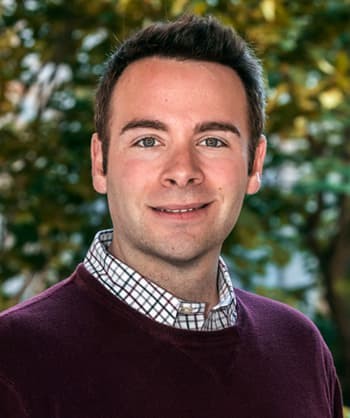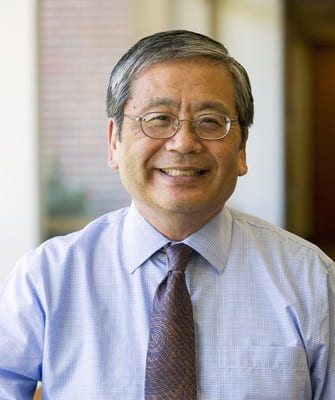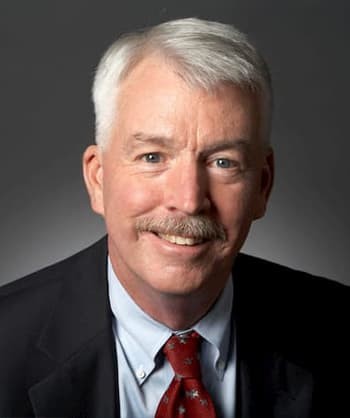
Michael Hartney, professor of Political Science, has recently put out a working paper examining school reopening policies across the country. Hartney and Leslie K. Finger, a political scientist at the University of North Texas, found that local political conditions, rather than public safety or COVID-19 severity, generally guided reopening decisions. According to the researchers, “Mass partisanship and teacher union strength best explain how school boards approached reopening.” The findings have been featured in The New York Times as well as BC News.
You can read the full working paper here.









